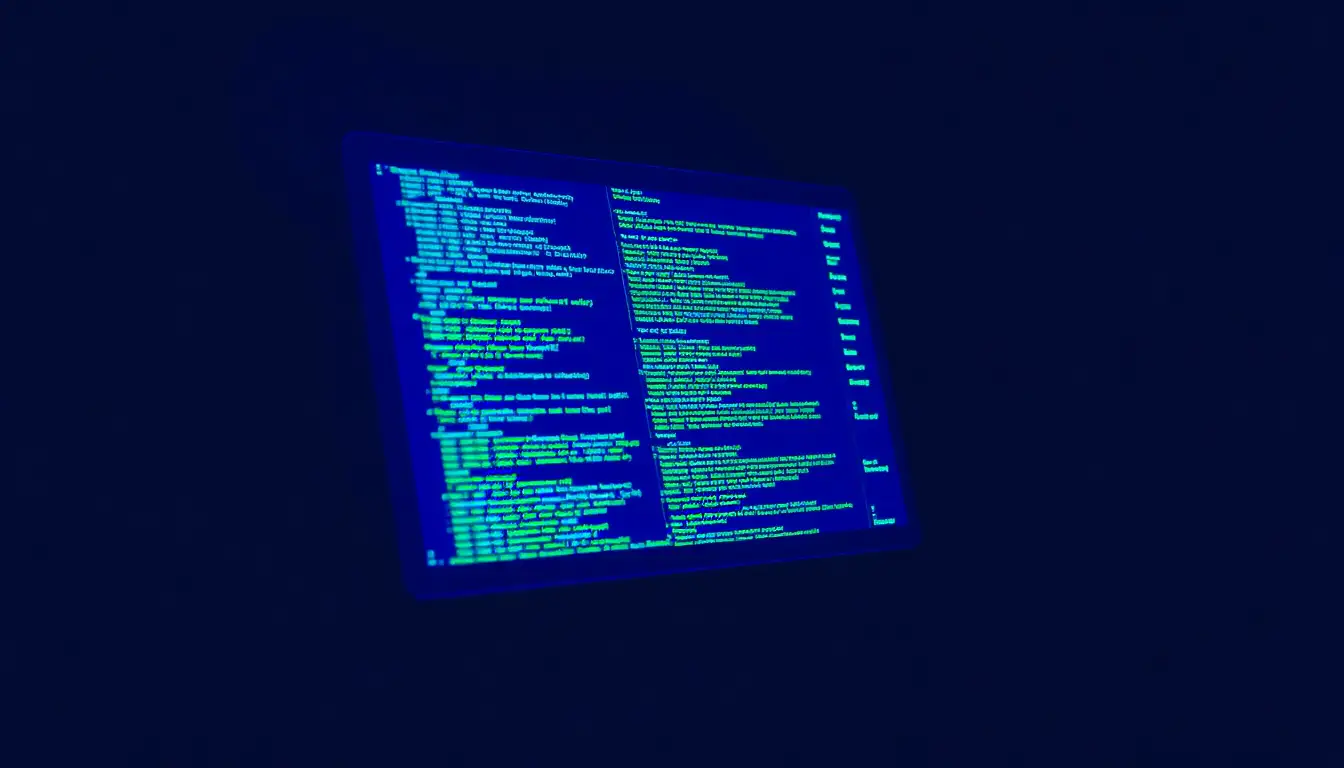
Now loading...
Claude Sonnet 4.5 has been launched as the most advanced coding model available, boasting enhanced abilities for developing intricate software agents. The latest iteration signifies a leap in computational proficiency, particularly in reasoning and mathematical tasks, positioning it as an indispensable tool in a tech-driven workspace where code governs applications and processes.
With the release of Claude Sonnet 4.5 comes a suite of significant product upgrades. Notably, the Claude Code platform now features checkpoints, allowing users to save their progress and seamlessly revert to earlier stages. The terminal interface has received an overhaul, including the introduction of a native VS Code extension. Improvements to the Claude API encompass a context-editing capability and increased memory features, allowing the model to manage more complex tasks over extended periods. Additionally, users of Claude apps can now execute code and generate files such as spreadsheets and documents directly through discussions. The Claude for Chrome extension has also been rolled out to Max users who registered in advance.
For developers, the company is unveiling the Claude Agent SDK, which offers the foundational components used for creating Claude Code. This infrastructure enables developers to leverage the same powerful tools for their own projects. The release emphasizes a notable enhancement in model alignment, with considerable improvements reported across multiple alignment criteria compared to previous versions.
In terms of benchmark achievements, Claude Sonnet 4.5 stands out on the SWE-bench Verified evaluation, which tests real-world coding capabilities. It has demonstrated the ability to maintain focus on complex tasks for upwards of 30 hours. On the OSWorld benchmark, it has achieved a leading score of 61.4%, a significant rise from the 42.2% recorded by its predecessor, Sonnet 4, just four months prior. Early customer feedback highlights its strengths, especially in multi-step reasoning and enhanced comprehension of coding tasks, further solidifying its position as a top choice for developers facing complex challenges.
The model is particularly favored in various sectors including finance, law, and STEM fields, showing considerable advancements in domain-specific knowledge over previous iterations. Users report a 44% reduction in vulnerability intake time for security applications, paired with a 25% increase in accuracy. In legal contexts, its capabilities allow for in-depth analysis of litigation documents, providing high-quality drafts and comprehensive summaries.
Safety and ethical alignment have been prioritized in this release, which is being made available under the AI Safety Level 3 (ASL-3) standards. These protections include sophisticated filtering systems designed to mitigate risks from harmful prompts or queries. Progress has been noted in reducing instances of false positives associated with these filters.
The Claude Agent SDK is now ready for developers seeking to create their own AI-driven solutions. This expansion represents a major move toward democratizing access to advanced AI tools that were once confined to internal use.
Additionally, a short-term research preview named “Imagine with Claude” is being introduced, allowing Max subscribers to see the real-time creative capacities of Sonnet 4.5. In this experiment, the model generates software live based on user interaction, showcasing its adaptive learning capabilities.
Users are encouraged to upgrade to Claude Sonnet 4.5 for enhanced performance across all applications, whether accessed via API, apps, or Claude Code. Full technical specifications and evaluation results can be found in the accompanying system card and model documentation.
